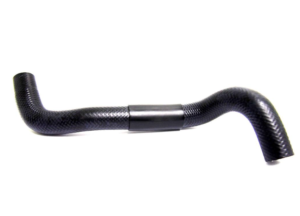The world of vehicle ownership is filled with uncertainties. From sudden mechanical failures to unexpected repair costs, owning a car can sometimes feel like a minefield of potential financial pitfalls. This is where vehicle service plans come into play, acting as a safety net for car owners.
A Lifeline for Your Vehicle
A vehicle service plan, often referred to as an extended warranty or service contract, is an agreement between you and a provider designed to cover specific car repairs or services. It’s essentially a promise from the contract seller to perform or pay for certain repairs or services outlined in the contract. This type of arrangement can be offered by manufacturers, dealerships, and private companies.
When the manufacturer’s warranty on your car expires, these service agreements step in to cover unexpected repairs, providing peace of mind and financial protection. In essence, they act as a buffer against unforeseen expenses, ensuring that you’re not left stranded with a hefty repair bill.
The Financial Aspect
Understanding the cost of these service plans is crucial. According to a recent guide, the average cost for such contracts ranges between $1,700 to $4,000. This high discrepancy in pricing is due to several factors affecting the cost, such as the age and condition of your vehicle, the coverage level you choose, and the provider you opt for.
On the surface, this might seem like a hefty sum to pay. However, when you consider the potential cost of out-of-pocket repairs, the value becomes more apparent. For instance, if your transmission were to fail, the repair cost could easily surpass the price of the service plan itself.
Comparing With Prepaid Maintenance Plans
It’s essential to distinguish between prepaid maintenance plans and car service plans. While both may seem similar, they serve different purposes. Prepaid plans are contracts that cover scheduled and expected maintenance. Unlike service contracts, they only pay for routine services like oil changes, tyre rotations, and scheduled tune-ups.
On the other hand, service contracts cover costs associated with unexpected repairs once the manufacturer’s warranty has expired. So while a prepaid maintenance plan helps keep your vehicle running smoothly, a service contract protects you from sudden, costly repairs.
In conclusion, vehicle service plans can be a valuable investment, providing peace of mind and protecting against unforeseen repair costs. They act as a financial safety net, ensuring that you’re not left in a lurch when unexpected mechanical issues arise. Like any financial decision, the key is to do your research and choose a plan that best suits your needs and circumstances.

 Home
Home



